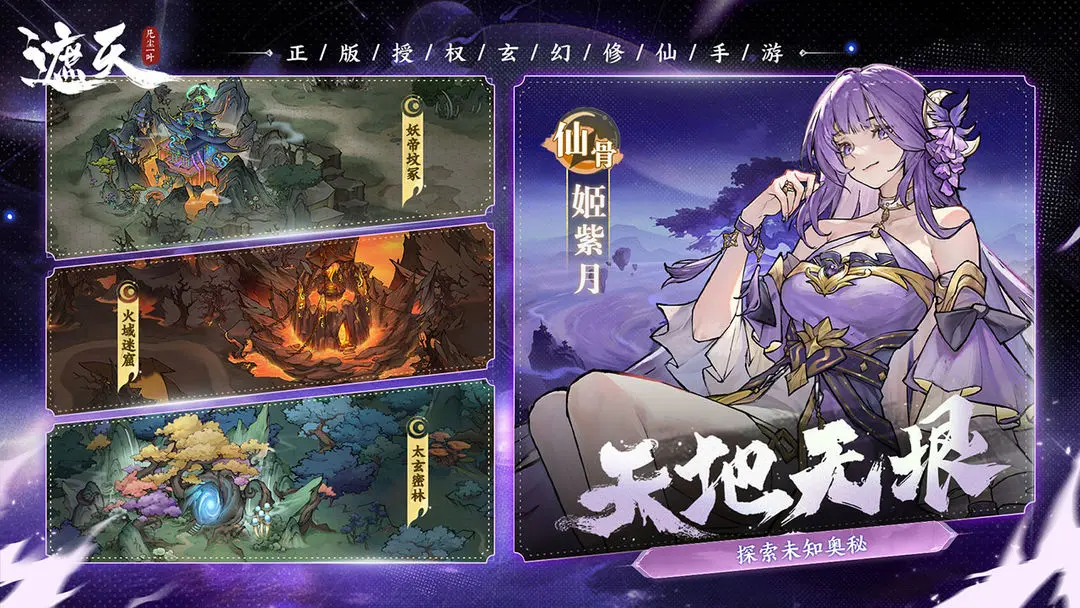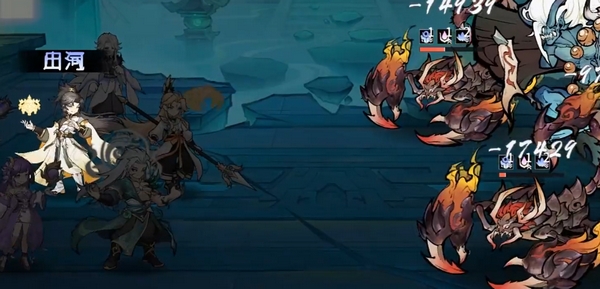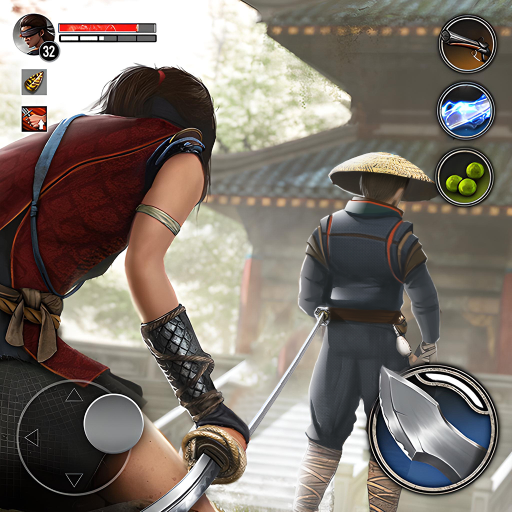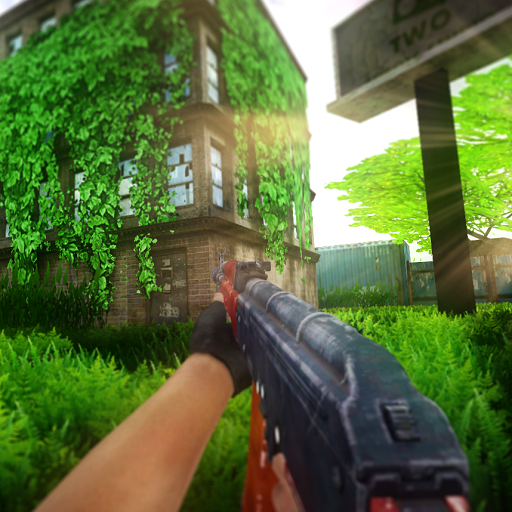For many players, the world of Chinese Paladin is a mobile game that's very suitable for pioneering and exploration. To have a smooth pioneering journey, a lot of preparation is needed. Below, the editor will give you a detailed introduction to the exploration strategy for the world of Chinese Paladin. Interested friends, follow along with the editor to take a look.
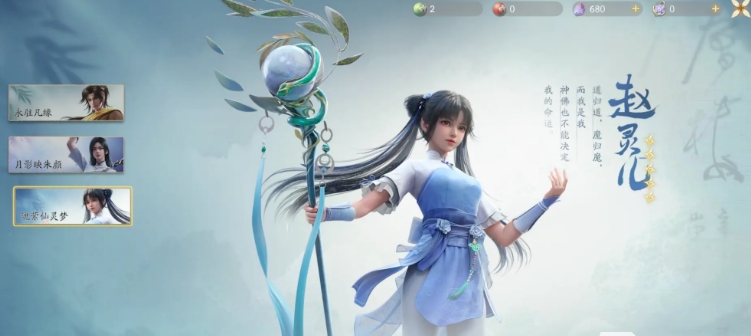
The first step in entering the game is, of course, to create your character's appearance and choose a profession. Selecting an appearance that suits your preference can make the gameplay more enjoyable. Moreover, choosing a profession is of utmost importance. Players who prefer close combat can choose "Shu Mountain"; those who like long-range attacks can pick "Chang Qing"; and those who favor magic group attacks can opt for "Kunlun". There are three other major professions which we won't go into detail about here. Each of these professions has its own playstyle and level-up settings. Players should carefully choose based on their combat preferences, taking the editor's suggestions into account.
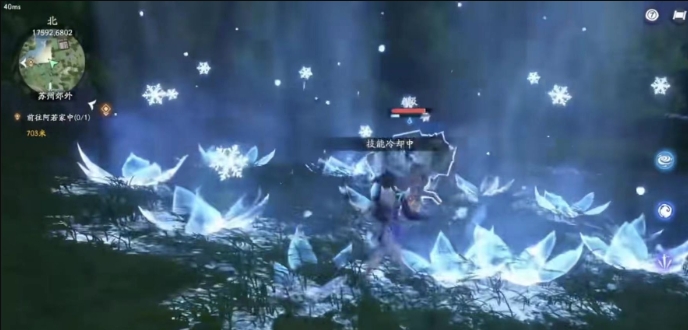
Next, as you officially start the game, you must complete the beginner quests. The game provides detailed guidance to help new players get familiar with various operations, including combat and movement. The rewards from beginner quests can be quite generous, helping the character progress quickly and laying a solid foundation for future adventures. After completing the beginner quests, follow the main storyline to unlock various scenes. Players may encounter thick fog in the "Misty Forest" where visibility is low; at this point, it's important to use tools that can start fires. You can also learn skills to dispel the mist, allowing you to explore the forest freely, avoid dangers, and find treasure chests containing materials for crafting basic divine weapons, which will boost your combat power for future pioneering.
Another key element of pioneering is continuous combat. The treasures dropped by monsters are all important materials, and the higher the level, the rarer the items. Different monsters in the game have different attack patterns. For common ones, players can remember their attack methods, anticipate and dodge them in advance. For example, wild boars only charge in a straight line, and wolves only pounce and bite, so you can directly attack them to interrupt their attacks. More formidable are the elite monsters, which generally have unique skills. For instance, the "Long Wind Leopard" is extremely fast and excels at ambushes, testing the player's reaction speed.

Boss-level monsters are usually not something a single new player can handle alone. At this time, it's best to seek team cooperation and form a balanced team. Warriors with high health points can stabilize the front line, support classes can provide healing from the back, and damage dealers can continuously output damage from a safe area behind the warrior. Additionally, pay attention to voice communication and make timely adjustments, which will certainly double the efficiency.

Then, pay attention to hidden side quests triggered during map exploration. Completing them not only offers rich rewards but may also unlock hidden storylines, pass mysterious dungeons, and obtain rare equipment. Having such equipment will ensure a smooth pioneering journey. Similarly, don't forget to gather resources while exploring. For example, various herbs for healing or potion-making; ores for enhancing equipment; fibers for making armor, and so on.
Finally, when it comes to upgrading skills, characters gain skill points upon leveling up, so don't choose blindly. "Shu Mountain" should prioritize adding combo and critical hit skill points; "Chang Qing" should focus on range and agility; and "Kunlun" should concentrate on increasing magic strength and control range.
Above is the editor's full introduction to the exploration strategy for the world of Chinese Paladin. New players in the early stages can focus on exploring the story to get familiar with the game's operations and acquire resources for pioneering. In the mid to late stages, the focus should be on clearing dungeons, grinding monsters, and challenges, so combat skills and skill upgrades are also important areas to focus on.
